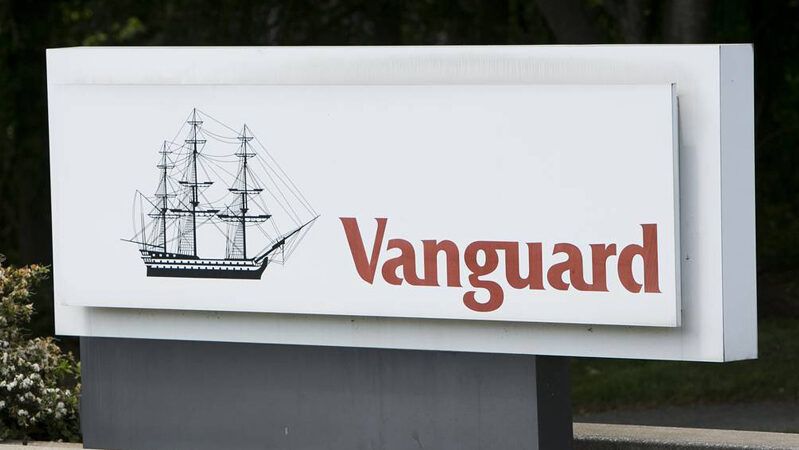Vanguard on Wednesday teased a forthcoming pilot program that it says will let individual fund shareholders have some control over proxy votes.
Starting early next year, the company plans to roll out “a number of proxy voting policy options for individual investors” in several of its equity index funds, it said in an announcement on its site.
“We plan to gather client and stakeholder feedback as we test this approach and explore the full range of options with respect to proxy voting choices for index funds,” the firm stated.
Like other mutual fund providers, Vanguard decides how shares of its funds vote on shareholder resolutions at portfolio companies, which increasingly include ESG-related measures. And lately, like other large fund firms, the company’s name has come up in conservative-led campaigns against the premise of ESG, including how funds invest and vote proxies. However, the firm has emphasized that it has no agenda beyond maximizing shareholder returns.
The announcement follows one last year from BlackRock, which indicated it would give institutional clients the option to vote their own shares.
Vanguard’s investment stewardship team “will continue to play its role in promoting strong corporate governance, but we also want to assess ways to provide individual investors the opportunity to participate more directly in the proxy voting process,” the firm stated. “Our clients have diverse perspectives, and a growing number would like the option to weigh in on how their index funds vote on important proxy questions at the companies held in the funds.”
Also on Tuesday, Vanguard announced the opening of its new Global Environmental Opportunities Stock Fund, which it began prepping over the summer. That fund, subadvised by Ninety One North America, “takes a structured, research-driven approach to investing that targets companies seeking to accelerate the transition to a low-carbon world,” the company stated.
The company’s other actively managed ESG funds include its $675m Global ESG Select Stock Fund, subadvised by Wellington, and $132m Baillie Gifford Global Positive Impact Stock Fund.








